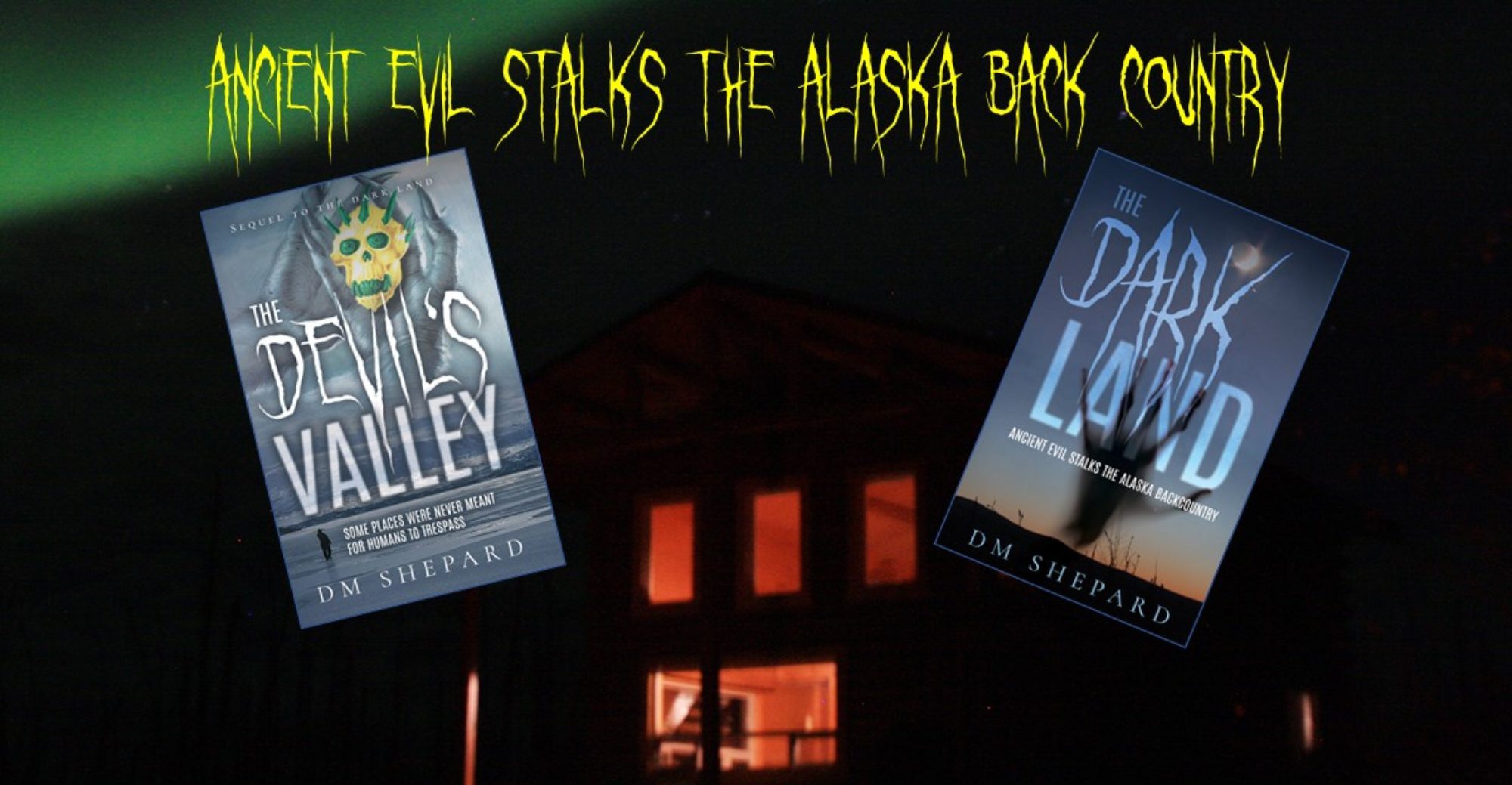https://authortrishalea.wordpress.com/
Trisha Lea’s, The Wolf’s Bane from Kyanite Press’s Winter’s Digest is a fresh take on the classic tale of Little Red Riding Hoodthat falls in step with the current questions revolving around sexual identity and victimization that our society is struggling to come to grips with, as we try to right the wrongs of the past and possibly realize that we cannot. We can never bring back what has been lost to a victim, no matter what we do. How do we temper restitution with revenge? Will revenge actually bring peace for the victim? At what point does hate destroy the victim? Trisha’s short story asks all of these haunting questions.
https://kyanitepublishing.com/product/kyanitepresswinterdigest18/
I always enjoy it when an author completely flips the script on its tail, turning it around and making us question ourselves while we read it. Little Red Riding Hood is also one of my favorite fairy tales to analyze,thanks to a compelling book I read a few years back: Catherine Orenstein’s Little Red Riding Hood Uncloaked: Sex, Morality, and the Evolution of a Fairy Tale.
https://www.goodreads.com/book/show/114476.Little_Red_Riding_Hood_Uncloaked
The original oral tale of a young girl encountering a bzou or werewolf in the woods varies drastically from the version that Charles Perault first published in 1697 (titled Le Petite Chaperon Rouge). The subsequent version published by the Brothers Grimm (titled Rotkappchen) in 1812 varies even more. Throughout the centuries this tale continues to evolve with time and culture, being retold in various ways, from Tex Avery’s Little Red, to Nabokov’s Lolita, Red Riding Hood’s themes of the innocent young girl versus the evil wolf repeat itself throughout our literary and movie themes as we try to transfer our morality onto these two characters.
Catherine Orenstein’s book was written in 2002. If published today, Trisha’s tale, the Wolf’s Bane, would be the next logical step in the progression of the evolution of this tale, given the social context and time that we now live in (#metoo, sexual harassment, etc). As we look around our society and we struggle to come to grips with what masculinity or femininity really means, and we try to right the wrongs of the past and look forward to the future; Trisha flips the traditional script on who is the aggressor, who is the victim and the differences between redemption, peace, salvation and sheer revenge.
From the get go, Trisha paints Red as the hunter, the pursuer. The physical descriptions of Red’s “mane of auburn hair,” her faded maroon leather jacket, her wolfish grin as she closes in on her target puts Red clearly in the driver seat. She is no quivering, innocent little girl, waiting to be rescued. She is a woman, ready and willing to avenge the death of her beloved grandmother. The only thing I would have asked a little more for here is possibly more background of the death of Red’s grandmother, but given the pacing and the need of brevity in this short story, Trisha does a great job of painting a raw, gritty picture of a young woman bent on revenge, come hell or high water.
She does a good job of emasculating the killer. She paints him as haunted, tortured, ready for his death. “Tail between his legs.” Red is torn. She needs to hate him. The humanization of her grandmother’s killer destroys Red’s picture-perfect revenge scenario. She’s fantasized for fifteen years about this moment, killing the werewolf and completing the circle, closing the gap and finding peace. Instead it is the wolf who finds peace, and she is filled with bitterness.
As we continue to evolve as a society, women and men taking on different roles, questioning behaviors and responsibilities of the past, we will have to find a way to deal with wrongs in a responsible way. Can we help victims overcome their trauma without shame or blame? Can we find a way to work together not as opponents, but as people? Or will we let hate and bitterness consume us, convinced salvation lies somewhere else, as Trisha’s character does. She goes forward, looking for another victim, another kill to soothe the bitterness in her soul.
Thanks for reading my opinion on Trisha’s wonderful retelling of this old tale. I’m heading out on vacation leaving the constant shaking of Alaska for Death Valley for a week to go do some star gazing, but the next tale I plan to dissect will be Professor Cognome’s Lowell’s Second Chance
https://www.facebook.com/ProfessorCognome/


